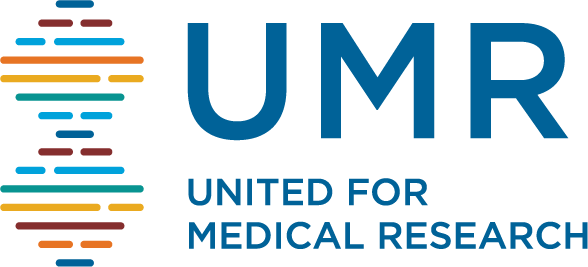COVID-19 is very contagious. That much isn’t up for debate. However, the exact period when infected individuals are at their most contagious has remained unclear. Now, a new study is shedding some much-needed light on the matter. Boston University researchers report COVID-19 positive individuals are at their most contagious two days before and three days after symptoms appear. Additionally, the study also finds infected individuals are more likely to be asymptomatic if they contracted the coronavirus from a primary case (the first infected person in an outbreak) who also happens to be asymptomatic.
